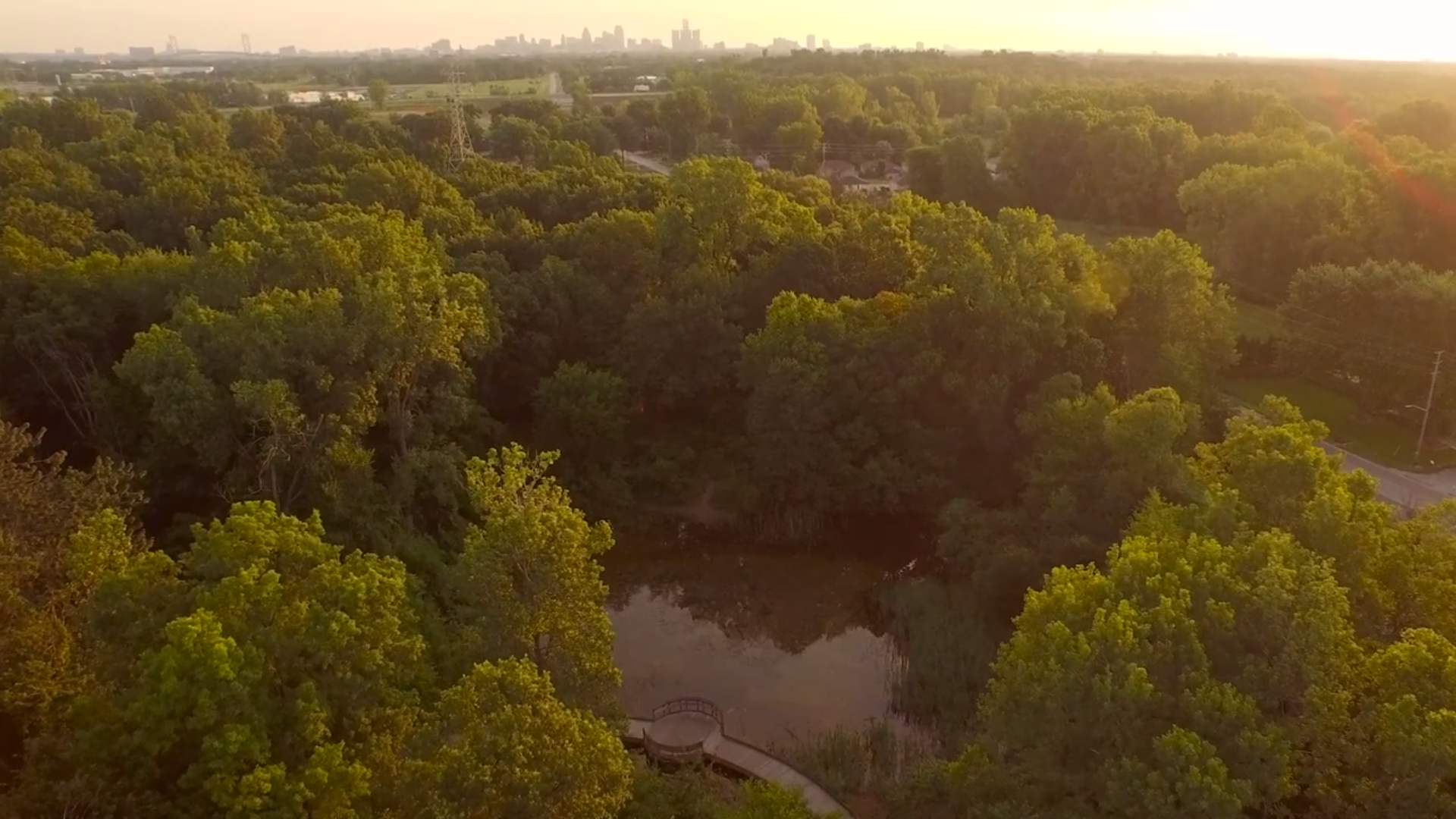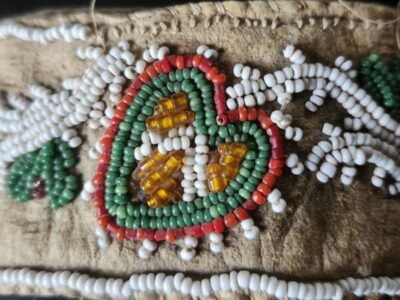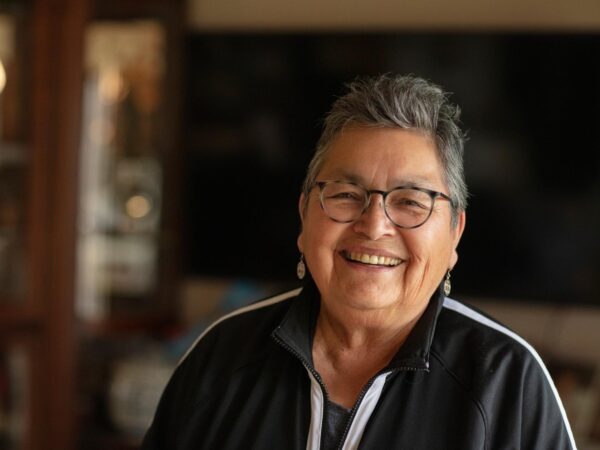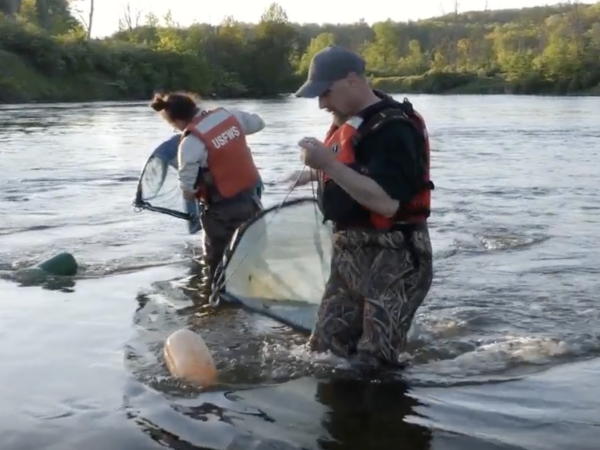
Eighty percent of Canadians live in urban areas, and most are disconnected from nature. To help address this, Canada is creating a network of national urban parks not only to conserve nature, but to connect people with it, and advance reconciliation with Indigenous peoples.
Now, the University of Windsor has become a partner by creating the first university-based National Urban Park Hub. Its mandate is to build Parks Canada’s National Urban Park Program’s capacity through research, teaching, and community engagement projects.
If you have ever watched a project get off the ground, you know there is often resistance to change, not enough human and financial resources to start, much less deliver the project and fuzzy expectations. Any new project, whether in the public, private, or non-governmental sector, struggles with these initial challenges.
But there is a way to make it easier – capacity building. The United Nations defines capacity building as “the process of developing and strengthening the skills, instincts, abilities, processes, and resources that organizations and communities need to survive, adapt, and thrive in a fast-changing world.”
That is precisely what the University of Windsor is doing in creating a new hub to build Parks Canada’s capacity for its new National Urban Park Policy. This hub will be a network, a center of excellence, and a boundary spanner – an individual or group of people working across organizational and sectoral boundaries to broker relationships and facilitate collaboration – co-producing knowledge and co-innovating solutions.
“The establishment of the National Urban Park Hub at our world-class University of Windsor is a recognition of all the work that needs to be done with regards to endangered and species-at-risk in a rare and threatened ecosystem while engaging in reconciliation with First Nations,” said Canadian Member of Parliament Brian Masse. “Hopefully, this is the beginning of a series of milestones from Parks Canada in reaching a co-management agreement with the Indigenous community and land transfers with the City of Windsor and the Province of Ontario to establish Ojibway National Urban Park.”
The hub, launched April 1, is supported by a $1.2 million, two-year contribution from Parks Canada and matching funds from the university. It will be led by Healthy Headwaters Lab Director Catherine Febria, Faculty of Science Indigenous Knowledge Keeper Clint Jacobs, and Centre for Cities Director Anneke Smit.
Activities will include ecological monitoring and mentorship of Indigenous stewards in park research, establishing an intergenerational (youth and elder) Knowledge Keeper Table and advancing the concept of an Indigenous Stewardship Centre in the city. It will also include research and engagement on inclusive and sustainable city-building and equitable place-making – creating quality places for all people to live, play, work, and learn in – within the context of new national urban parks.
Plus, the hub will give expert advice to Parks Canada on its National Urban Park Policy and on how to create new national urban parks across Canada. The proposed National Urban Park in Windsor will be the second of its kind in Canada – Toronto’s Rouge National Urban Park was the first.
This is truly groundbreaking. Not only is Parks Canada committed to co-managing Windsor’s National Urban Park with First Nations, but the resources of a world-class university will be deployed to help advance this new initiative. The lessons learned from engaging stakeholders, co-producing knowledge, and co-innovating solutions – called an ecosystem approach by the Canada-U.S. Great Lakes Water Quality Agreement and the United Nations – are transferable in resolving other issues like reversing biodiversity loss, mitigating and adapting to climate change, renewing blighted urban cores, and achieving sustainability.
“The UWindsor Hub is an example of transformative change in the way we are embracing complexity, and reframing how researchers can engage in policy and practice at local and national scales to support and help advance Indigenous-led stewardship in cities,” said Catherine Febria. “We are excited to continue to grow our science-based efforts on reconnecting land, water, and people in support of Indigenous-led stewardship right here in the Great Lakes. We hope to offer an example of how university researchers can support Indigenous-led stewardship not just in Windsor, but in national urban parks across the country.”
The hub represents the culmination of years of grassroots efforts of committed stakeholders and rights holders, including conservation organizations, environmental groups, governments, Indigenous communities, and citizen activists.
“We look forward to opportunities for community engagement created by the University of Windsor National Urban Park Hub,” said Mike Fisher, Chair of the Friends of Ojibway Prairie National Urban Park Committee. “It’s so important that everyone has an opportunity to get involved in the project to ensure the creation of Windsor’s National Urban Park that we will all be proud of for generations to come.”
Catch more news at Great Lakes Now:
Great Lakes Moment: Nature right outside your school door
Great Lakes Moment: A business case for The Great Lakes Way
Featured image: Ojibway Prairie with a view of Detroit in the background. (Photo Credit: Friends of Ojibway Prairie)




